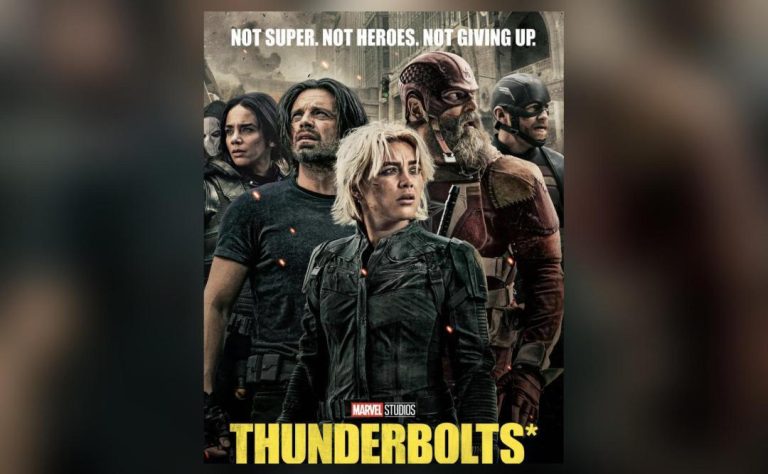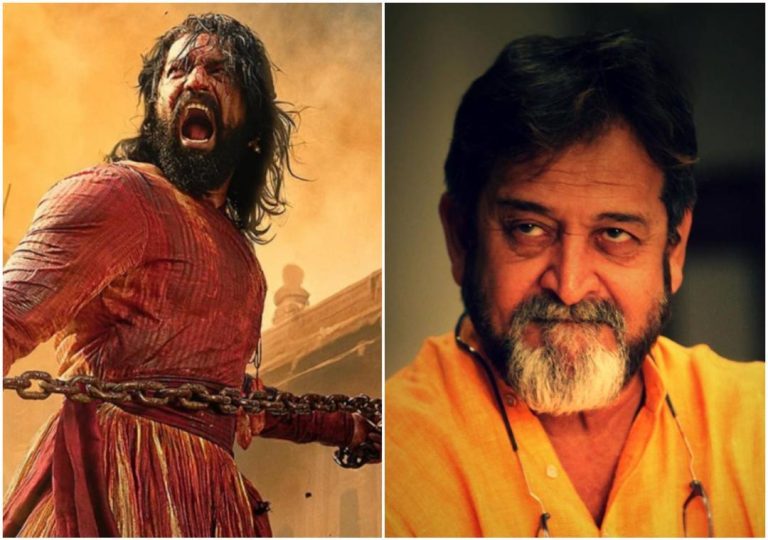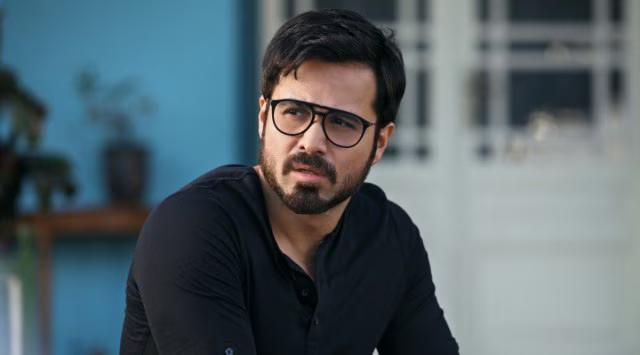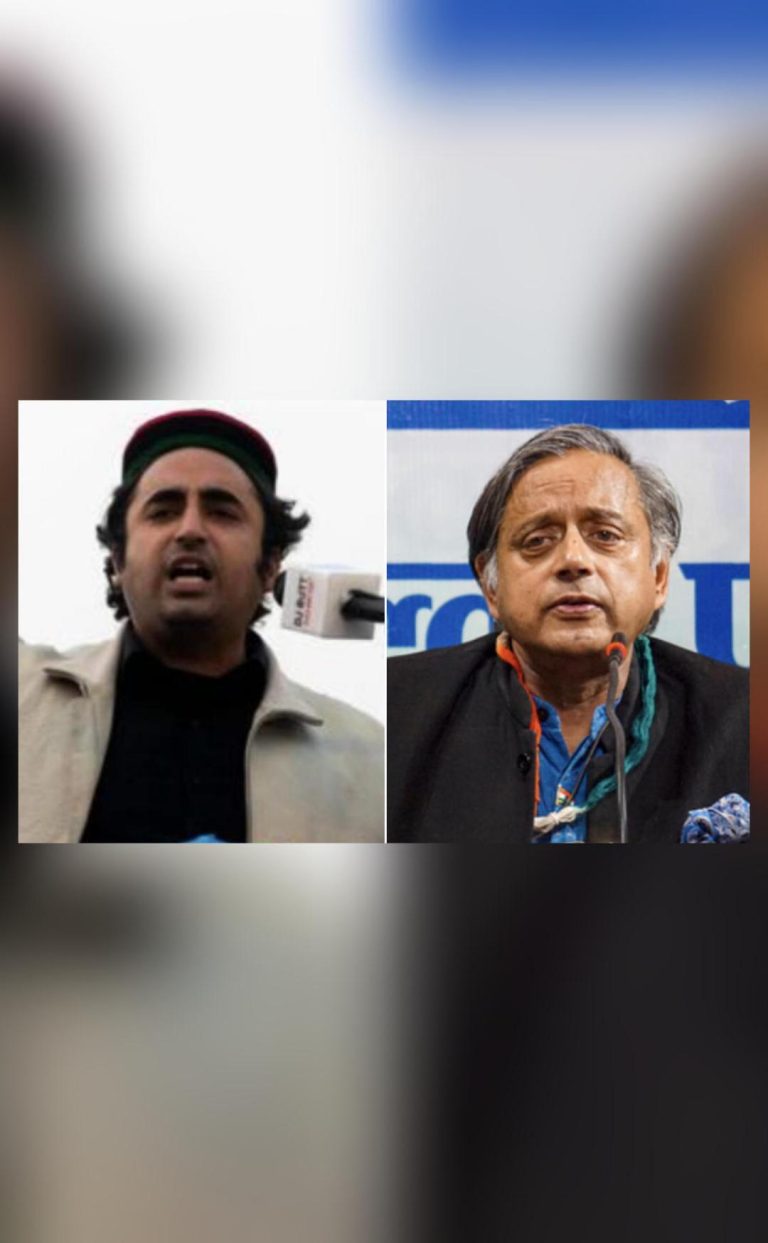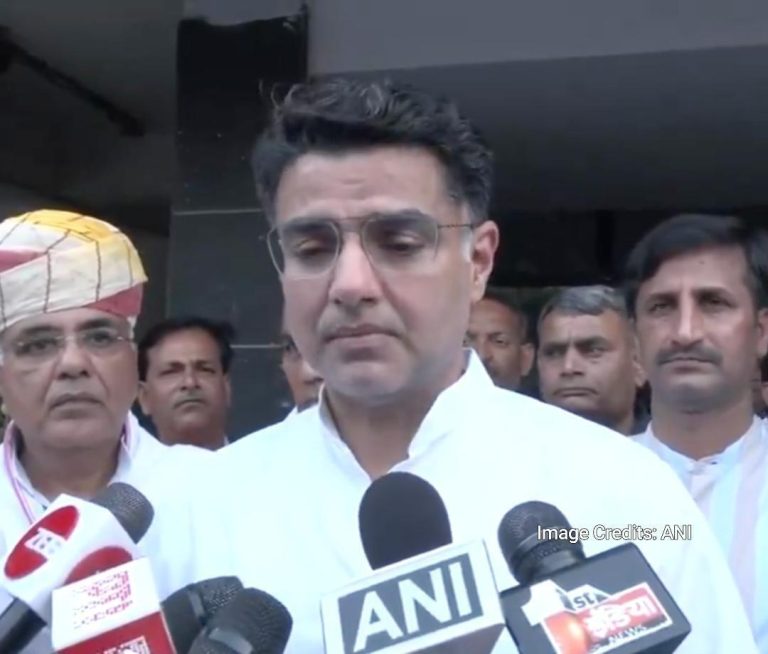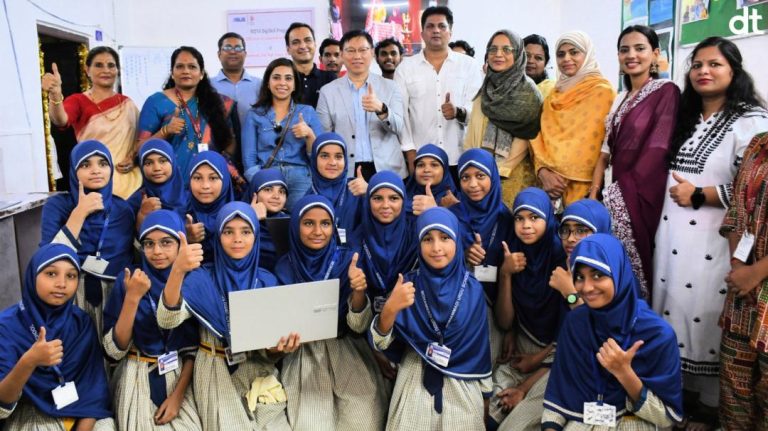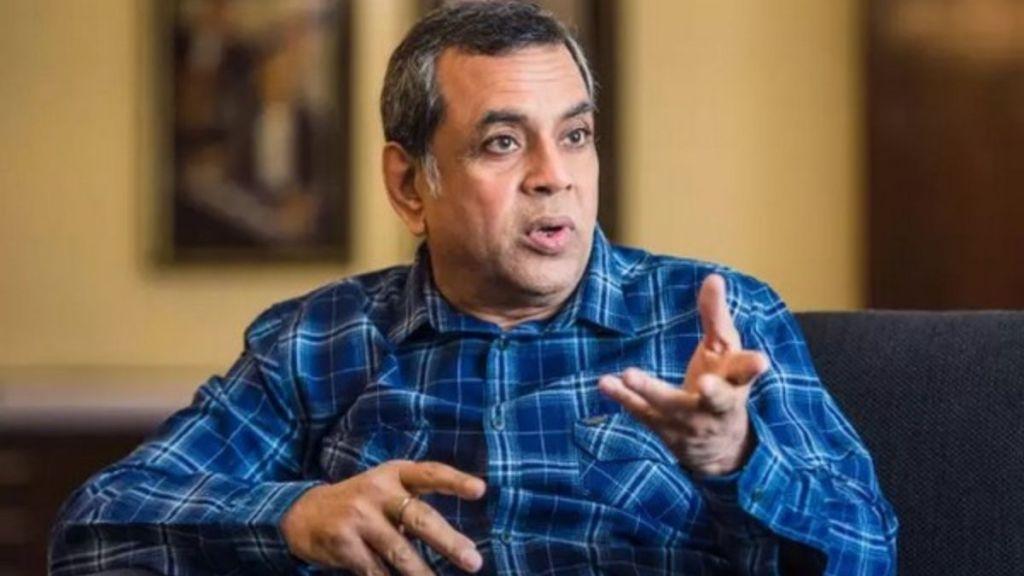
Title: I Once Drank My Own Urine to Speed Up Recovery After Breaking My Knee: Paresh Rawal
The world of showbiz is known for its dramatic and often unconventional stories. And, sometimes, these stories can leave us speechless. Recently, Bollywood actor Paresh Rawal shared one such astonishing anecdote, revealing that he once drank his own urine to speed up his recovery after breaking his knee. Yes, you read that right! In an interview, the veteran actor confessed to this unusual practice, which may raise a few eyebrows.
According to Paresh Rawal, he was admitted to Nanavati hospital after breaking his knee. It was during this time that he met late action director Veeru Devgan, who advised him to try an unconventional method to accelerate his recovery. Devgan suggested that Paresh drink his own urine, a practice that is often associated with alternative medicine. Paresh revealed that he followed this advice for 15 days, drinking his urine like it was beer.
“I did it for 15 days, and doctor took my X-ray…he was shocked…I was able to recover faster,” Paresh Rawal stated in the interview. This extraordinary claim has left many fans and followers wondering if there is any truth to this unusual method of recovery.
For the uninitiated, urine therapy, also known as urophagia, is an ancient practice that involves drinking one’s own urine. Proponents of this practice claim that it can have various health benefits, such as treating conditions like arthritis, asthma, and even cancer. However, the scientific community has been skeptical about the efficacy of this practice, and many experts have warned against it due to the risk of infections and other health complications.
Despite the controversy surrounding urine therapy, Paresh Rawal’s story has sparked a renewed interest in this unusual practice. While it is unclear whether Paresh’s recovery was indeed accelerated by drinking his own urine, his testimony has generated a lot of curiosity and debate.
Paresh Rawal’s confession has also raised questions about the role of alternative medicine in our society. While many people have turned to alternative therapies for their health issues, others are skeptical about their effectiveness. Paresh’s story highlights the blurred lines between conventional and alternative medicine, and the need for further research into the benefits and risks of such practices.
In recent years, there has been a growing trend towards natural and holistic approaches to health, with many people seeking alternative remedies for their ailments. Paresh Rawal’s story is a testament to the power of unconventional thinking and the willingness to explore uncharted territories in the pursuit of good health.
However, it is essential to note that while Paresh Rawal’s story may inspire some people to explore alternative medicine, it is crucial to approach such practices with a healthy dose of skepticism and to consult with medical professionals before trying any new treatments.
In conclusion, Paresh Rawal’s confession about drinking his own urine has sparked a fascinating debate about the boundaries of conventional and alternative medicine. While the scientific community remains cautious about urine therapy, Paresh’s story serves as a reminder that there is often more to health and recovery than what mainstream medicine can offer.
As we continue to navigate the complex landscape of healthcare, it is essential to stay open-minded and to explore unconventional approaches that can lead to better outcomes. However, it is equally important to prioritize evidence-based medicine and to approach alternative practices with a critical and informed perspective.
